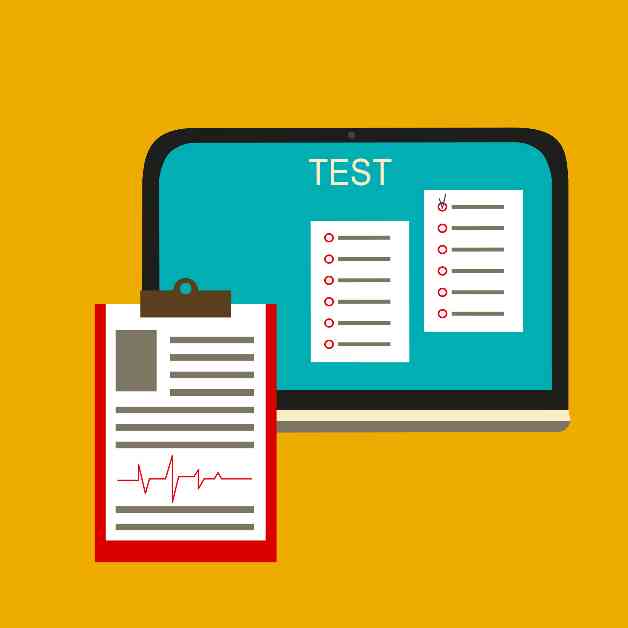Enhancing Online Assessments: A Comprehensive Guide for District Leaders
With the increasing popularity of online assessments in educational settings, district leaders are faced with the challenge of planning and creating effective assessment strategies. To aid in this process, a new tool has been developed to assist district leaders in enhancing their online assessment practices. The Online Assessment Planning Tool, supported by the Learning First Alliance, provides valuable insights and resources for district leaders looking to improve their online assessment programs.
Accompanying the Online Assessment Planning Tool is a comprehensive report summarizing the best practices in online assessments. Developed by CoSN, the report offers an updated perspective on the state of online assessments in education today. It delves into the different approaches taken by the national assessment consortia, such as Smarter Balanced and PARCC, and explores the impact of the Every Student Succeeds Act on technology and online assessments.
The report highlights the numerous benefits that online assessments offer to various stakeholder groups within the education system. Administrators can benefit from improved collaboration among district departments, enhanced security models for assessments and student data, and the ability to utilize data that helps students learn. Teachers can access test results quickly to inform instruction and personalize learning, while students can experience increased engagement and the opportunity to use real-world tools. Superintendents can accurately reflect school and district performance against standards, easily interpret test data, and support students, teachers, and principals effectively.
“In today’s educational landscape, online assessments are no longer the exception but rather the norm in districts across the country,” stated Keith Krueger, CEO of CoSN. “As we embrace this innovative shift, it is essential for school leaders to leverage the right resources and strategies to maximize the impact of online assessments on student learning.”
The report outlines nine key recommendations for assessment best practices that district leaders can implement to enhance their online assessment programs:
1. Create a cross-functional strategic planning team
2. Secure funding sources for modern learning environments
3. Embed technology in instructional practice
4. Invest in robust and ongoing professional development for teachers, administrators, and technical staff
5. Build out a robust infrastructure
6. Select devices meeting instructional needs and assessment consortia requirements
7. Communicate effectively and consistently
8. Pay attention to logistical details
9. Prepare to use assessment data effectively to drive student success
These recommendations are based on emerging best practices from districts that have successfully transitioned to digital instructional materials and assessments, enabling personalized learning opportunities for students.
The Online Assessment Planning Tool features four key components to assist district leaders in developing effective online assessment programs. A self-reporting survey focuses on eight essential elements of online assessment readiness, including strategic planning and technology infrastructure. Survey results guide district leaders in mapping out strategies to enhance their online assessment practices. Readiness level descriptions provide an overview of the progressive stages of online assessment practice evolution, while planning worksheets help districts and schools identify a clear path to achieving complete online assessment readiness.
In conclusion, the Online Assessment Planning Tool and accompanying report offer valuable resources and insights for district leaders seeking to enhance their online assessment practices. By following the nine key recommendations for assessment best practices and utilizing the components of the assessment tool, district leaders can effectively leverage online assessments to improve student learning outcomes and drive success in their educational communities.




















